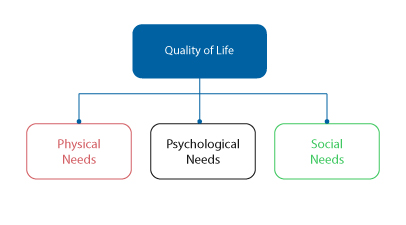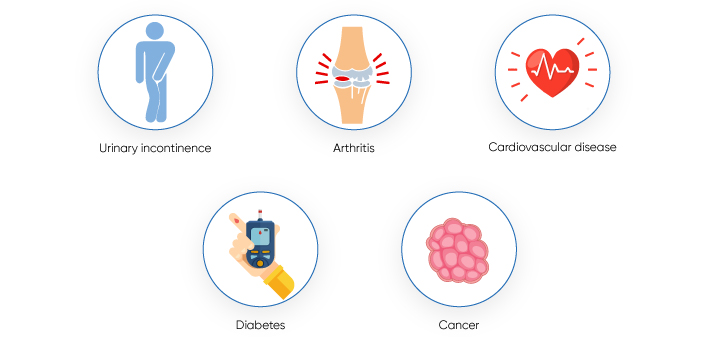Obesity is an alarming health concern worldwide and is considered epidemic these days. It is a multifactorial disease, which may occur due to unhealthy food habits coupled with sedentary lifestyle, socio-economic status and genetic predisposition. The factors that influence the effects of obesity include age of onset, severity of obesity, gender, race, cardiorespiratory fitness and amount of fat accumulated around the waist.
Obesity is an underlying cause for many co-morbidities, such as heart disease, liver disease, lung disease, thyroid dysfunction, and cancer. Having these conditions influence a person’s quality of life in many ways.




 Obesity in children is one of the most serious health challenges in 21st century. Childhood obesity may have tremendous impact on their social, physical and emotional well-being. Obesity during childhood majorly impacts the child’s confidence and decreases quality of life, thereby leading to poor scholastic performance.
Obesity in children is one of the most serious health challenges in 21st century. Childhood obesity may have tremendous impact on their social, physical and emotional well-being. Obesity during childhood majorly impacts the child’s confidence and decreases quality of life, thereby leading to poor scholastic performance.
